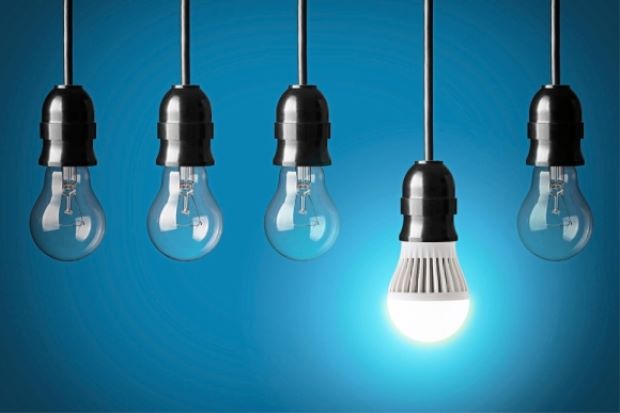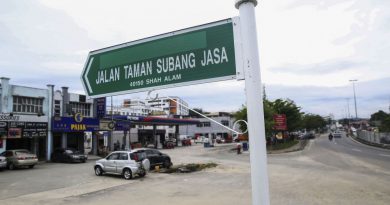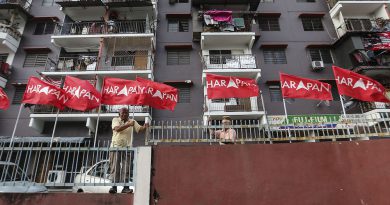An efficient, sustainable future in energy
THERE was a spike in energy consumption in the last few months across the country, due to some of the highest temperatures ever experienced in the country.
This often means higher energy and electricity consumption, which is relevant in today’s growing concern for sustainability, whether to choose cleaner energy sources, rising fuel prices and the consequences of our continued dependence on fossil fuels.
While many favour cleaner, more sustainable options, the cost – such as converting to solar as a renewable energy – is expensive.
So what recourse is available? How do we solve this dilemma of choosing sustainability over affordability and quality? Is there a way to fulfil both objectives? More importantly, who should make the choice: the people, the government, the regulator?
A simple, inexpensive way of meeting the objectives of affordability and sustainability is through energy efficiency.
Defining energy efficiency
This involves adopting end-user technologies and processes that provide equal or better services with fewer units consumed; that is, at lower energy costs.
Energy efficiency is measured as a ratio of energy supply input to useful service output and is often expressed in percentages.
It is, however, not energy conservation, which is reducing energy use by going without a service.
An example of this is replacing an incandescent bulb with a light emitting diode (LED) bulb that uses less energy to provide the same amount of light. Compare that to turning off the light bulb, which is energy conservation.
Energy efficiency presents one of the cleanest, cheapest ways of managing energy demand, costs and environmental pollution.
TNB’s leading role
Many publications have shared energy efficiency tips and as one of Malaysia’s foremost companies, Tenaga Nasional Berhad (TNB) is no exception.
As a responsible energy company that has to address the national issue of sustainability, it also manages energy efficiently within its own operations.
Amid rising temperatures, increasing fuel prices and the scarcity of fossil resources, now is the right time for TNB to address this matter.
Energy efficiency is also recognised as the most cost effective means to address related issues, which include energy security, sustainability, social and economic development, and climate change.
It helps reduce greenhouse gas emissions and gets involved in managing climate change.
Pursuing energy efficiency is in line with what the Minister of Energy, Science, Technology, Environment and Climate Change Yeo Bee Yin has highlighted with the Energy Efficiency and Conservation Act (EECA), a regulatory framework set to renew the National Energy Efficiency Action Plan by achieving 8% energy efficiency by 2020. Powering change in TNB
During the first phase, TNB retrofitted six buildings to be more energy efficient by installing an energy monitoring system, EE lighting, solar PVs, a power factor improvement and a variable speed drive study for motors.
These buildings include TNB offices along Jalan Timur and Jalan Kepong in Petaling Jaya, Jalan Anson in Penang, as well as in Johor Baru, Kuantan and Melaka.
In doing so, TNB achieved an energy savings of 1571MWh per year, about RM574 thousand in savings a year.
Creating awareness
TNB has recently launched a six-month campaign from April to September to the theme of “Kuasa Di Tangan Anda” (Know Your Power), which currently runs across all platforms including out-of-home advertising, digital displays, social media, on TVs and radio.
TNB’s intention was to help translate the truth on energy consumption in the simplest way possible to help Malaysians realise that the power for change is in their hands.
By demonstrating the small steps that everyone can make, we can change the way we think and do things, all of which starts from home.
TNB also encourages children to spread the work of energy efficiency as social marketing has shown that this segment is influential in changing adults mindsets.
Source: TheStar




